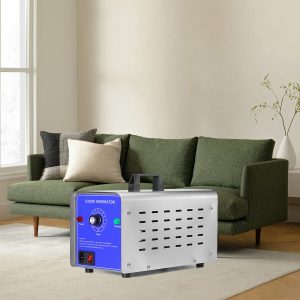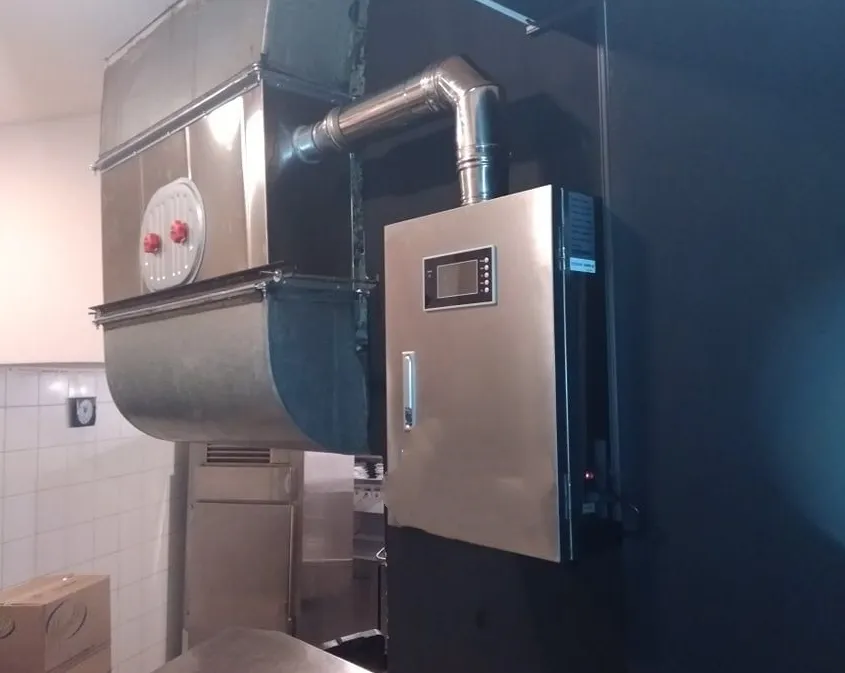Ozone systems in cold storage offer several benefits. Ozone is a powerful disinfectant with antimicrobial properties that can effectively inactivate bacterial spores, molds, yeasts, protozoa, and viruses. By using ozone, cold room operators can reduce their reliance on chemical disinfectants, minimize waste, and save energy. The ozone system has been shown to improve food safety and extend the shelf life of many types of foods such as sea foods, meats, fruits, and vegetables during storage and processing. Another key advantage of ozone is that it leaves no residue and does not affect the taste, smell, or quality of stored food. Ozone systems are easy to install in the existing air handling system of cold storage. With the Absolute Ozone system, the cost of the equipment can be quickly recovered because ozone help to minimize food waste and reduce the need for frequent restocking, which can save money and reduce operating costs.
Ozone can be used to improve the storage and shelf life of various products in cold rooms. For example, ozone can sterilize meat and prevent the growth of harmful bacteria. It can also reduce losses due to deterioration and improve the meat’s tenderness and shelf life. In the case of fish, ozone can eliminate microorganisms in cold storage rooms, preventing food putrefaction and illness in consumers. It can also deodorize the fish, reduce ammonia emissions, stabilize the pH, and extend its shelf life. For fruits and vegetables, ozone gas can control ethylene production, delaying natural ripening and oxidizing it into an antimicrobial compound. It can also leave fruits and vegetables free of pathogens and chemical residues. In the egg industry, ozone can prevent the appearance of fungi, ensuring the preservation of their initial organoleptic characteristics. Lastly, in cheese conservation and maturation chambers, ozone can prevent the appearance of mold, reduce weight loss, and eliminate odors.
































